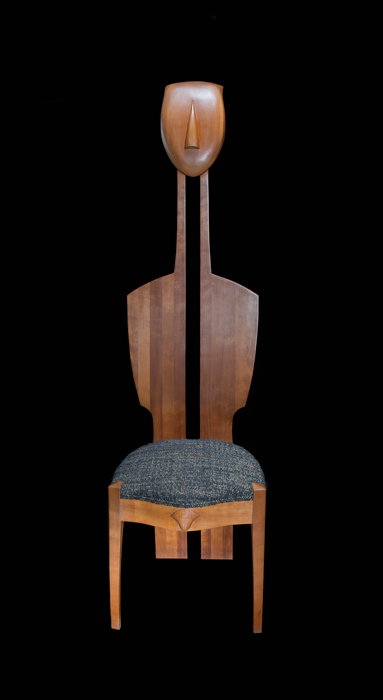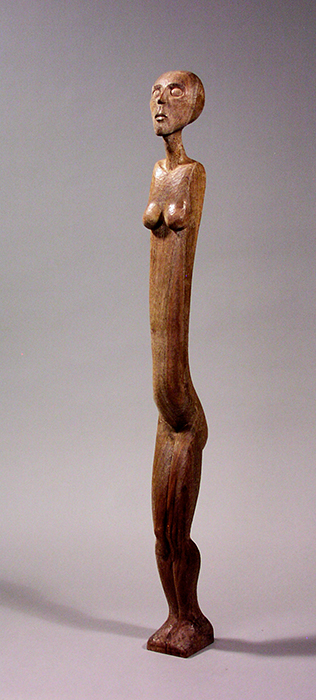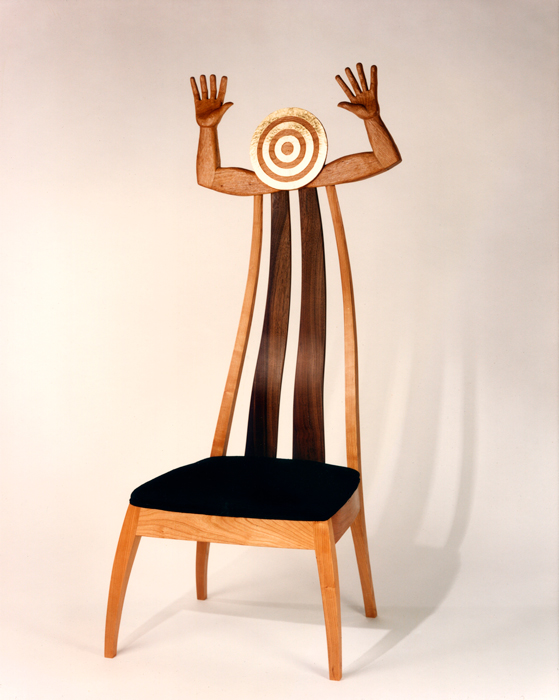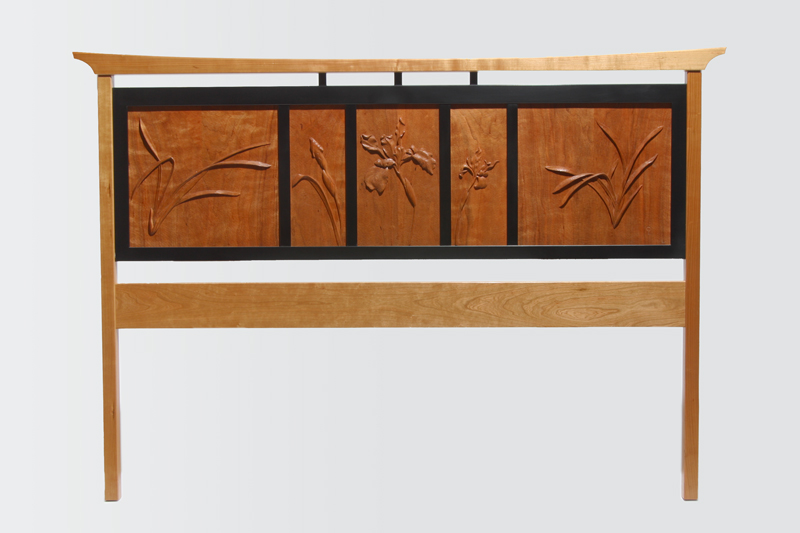New Settler

From “Sitting in the Lap of the Goddess,” an interview of Paul Reiber in New Settler
PAUL REIBER: The first thing I want to say is I feel very chosen about what I do. “When did I decide that I was going to do what I was going to do?” would be a meaningless question to me because I am pretty much deciding what I am going to do every day that I go out and do it.
As a maker of objects, I have a tremendous appreciation for objects that are made by hand instead of by mass production machinery. I was in the first class of James Krenov’s woodworking school. One of the great shocks for me in school was realizing I couldn’t make things for my peers—that I could not afford to make things for my peers. And this has always been an issue for me, and it’s not just for me, it is historically true that people that make fine objects are supported by well-t-do people. They are the only people who had the surplus wealth so they could afford it. People who are scraping along, like me—I can’t afford luxury.
And yet, I think that creating beauty in our world today is a very high calling. We live in a world that is being stripped of its beauty and beauty is rarely a criteria in choices, and it is an important criteria.




